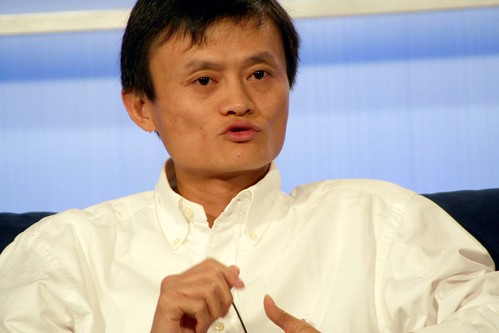2 minutes estimated reading time
China’s richest tycoons hit by debt defaults, arrests and suicides in 2019 amid tightening regulation | South China Morning Post – billionaire’s problems, but an interesting read. A lot of Chinese corporates haven’t adapted well to the slow down in growth. Secondly, many of them have been caught in Xi’s prosecution of corrupt government officials (with an apparent focus on corrupt people who are also potential rivals). Finally whilst the government has talked about being behind private industry; it has exerted pressure on private enterprises and favoured state owned enterprises. What’s going to be scary is international exposure to these debt defaults
eMarketer Instagram User Forecast Estimates Q4 2019 – eMarketer Trends, Forecasts & Statistics – law of big numbers kicks in
B2B Marketing Trends | LinkedIn Marketing Solutions – I need to go through this in more depth
In strategic Djibouti, a microcosm of China’s growing foothold in Africa – The Washington Post – yet another example of China government backed financing of loans is making a difference
I Was Google’s Head of International Relations. Here’s Why I Left. – My solution was to advocate for the adoption of a company-wide, formal Human Rights Program that would publicly commit Google to adhere to human rights principles found in the UN Declaration of Human Rights, provide a mechanism for product and engineering teams to seek internal review of product design elements, and formalize the use of Human Rights Impact Assessments for all major product launches and market entries.
But each time I recommended a Human Rights Program, senior executives came up with an excuse to say no. At first, they said human rights issues were better handled within the product teams, rather than starting a separate program. But the product teams weren’t trained to address human rights as part of their work. When I went back to senior executives to again argue for a program, they then claimed to be worried about increasing the company’s legal liability – Google seems to have a right dumpster fire going on in the reputation space
China’s 7 Wealthy Consumer Types | Jing Daily – some conclusive differences between China’s rich and those in the U.S. (a good standard for Western wealth). One notable difference is the age of wealthy consumers. In China, 80 percent are under the age of 45 while that age accounts for just 30 percent of wealthy citizens in the U.S. (that number is even lower in many European countries.) The Chinese side also placed significantly higher values on products’ functional benefits rather than their emotional benefits, which was the exact opposite of U.S.-based respondents. Lastly, trust in foreign brands and trust in internet/social media advertising are both much higher for Chinese HNWI – More luxury related content here
